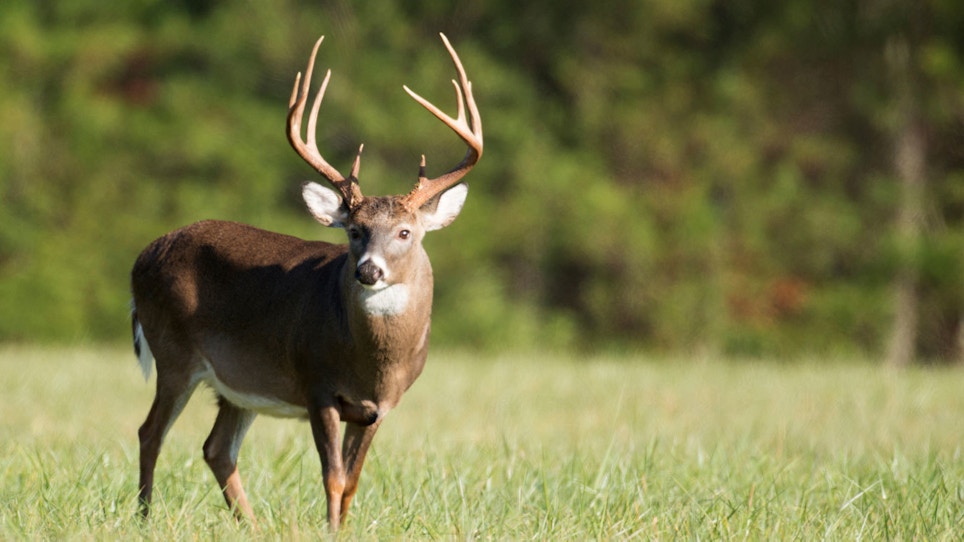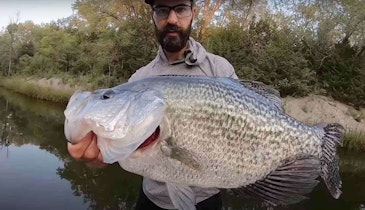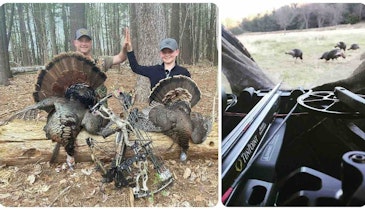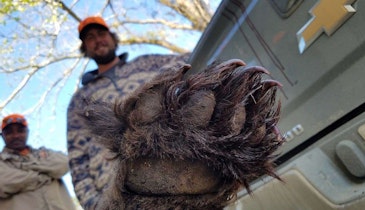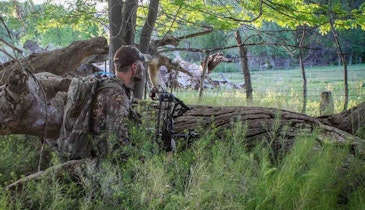In its fight against Chronic Wasting Disease, Missouri’s state wildlife agency aimed to enforce regulations on the captive deer hunting industry and the industry pushed back with a lawsuit.
The industry initially won its suit in a lower court ruling, but the ruling was reversed by the Missouri Supreme Court last week.
According to the Missouri Times, the Missouri Department of Conservation established the regulations to curb the disease years ago.
“The regulations, originally set to go into effect in January 2015, would ban the importation of cervids from out-of-state, impose more rigorous fencing requirements and impose more rigorous recordkeeping and veterinary inspection requirements.
“The owners of Oak Creek Whitetail Ranch, Winter Quarters Wildlife Ranch, and Whitetail Sales and Service, LLC., sued to block the requirements from going into effect, alleging the Department of Conservation didn’t have the authority to regulate captive cervids and that it imposed on their constitutional right to farm.”
In press coverage surrounding the case, a secondary theme seemed to settle on divergent definitions of “farming” as held by the plaintiff and defendant in the case.
Donald Hill, who owns a 1,300-acre hunting preserve known as Oak Creek Whitetail Ranch, told the St. Louis Post-Dispatch that the ruling would, “put a lot of farmers out of business.” Yet Hill’s website doesn’t mention the words “farm” or “farming” on its About page. Instead, it’s a ranch touting trophy hunting, lodging and family-style meals. It’s unclear if the ruling threatens the financial stability of Hill’s ranch specifically, or if the owner was expressing concern for neighboring farms in the state.
The court ruling, as reported by The Missouri Times, addressed the “farm” label as it applied to its decision:
(H)unting reserves “are not engaged in a ‘farming [or] ranching practice’ within the meaning of” the right to farm provision in the Missouri Constitution.
Now that the Supreme Court ruling has been made, the regulations set by the Missouri Department of Conservation in 2015 will begin to be enforced. Regulations range from barring whitetail deer, mule deer and other hybrids from being imported into Missouri to new record-keeping standards and stiffer fencing requirements. Captive deer hunting operations must also allow testing for Chronic Wasting Disease when a deer older than six months dies in a facility.
So far, the court ruling's impact on hunting preserve operations has been mostly limited to local news coverage in Missouri. But, not surprisingly, the news has already been picked up by the Houston Herald.
Captive deer hunting is big business in Texas. According to a dated article published by the New York Times, "as many as four million acres are believed to be behind high fences." This number has likely only grown since the article's publication. About 97 percent of land in Texas is private and, like Hill's Oak Creek Whitetail Ranch in Missouri, many private hunting preserves also offer exotic hunts as well. These hunts are reliant on the imported exotic animals not native to the area.
What this all will ultimately means for the captive deer hunting industry is yet to be determined.
